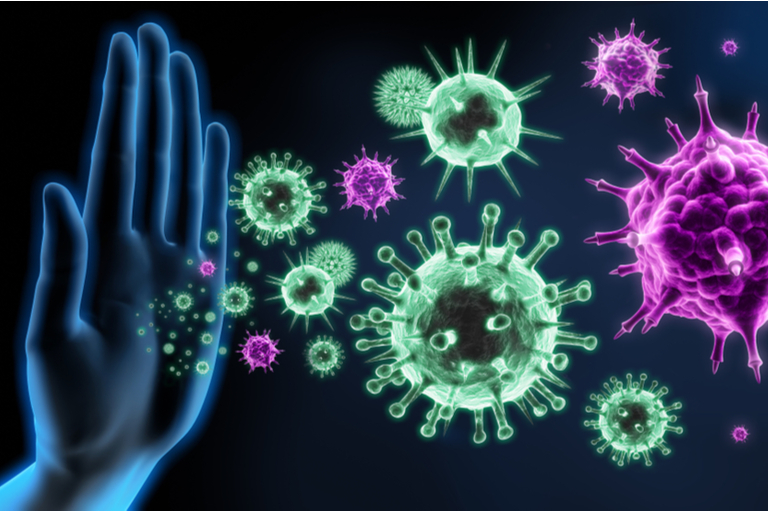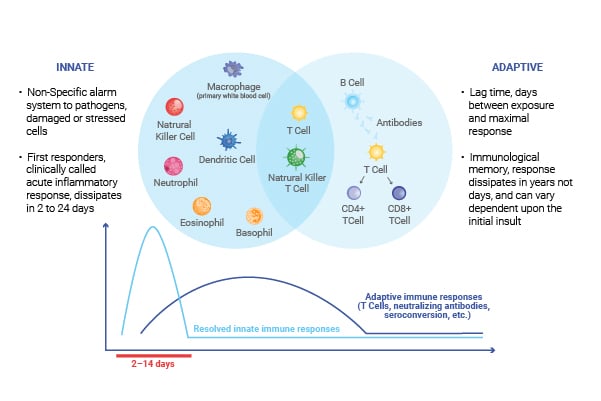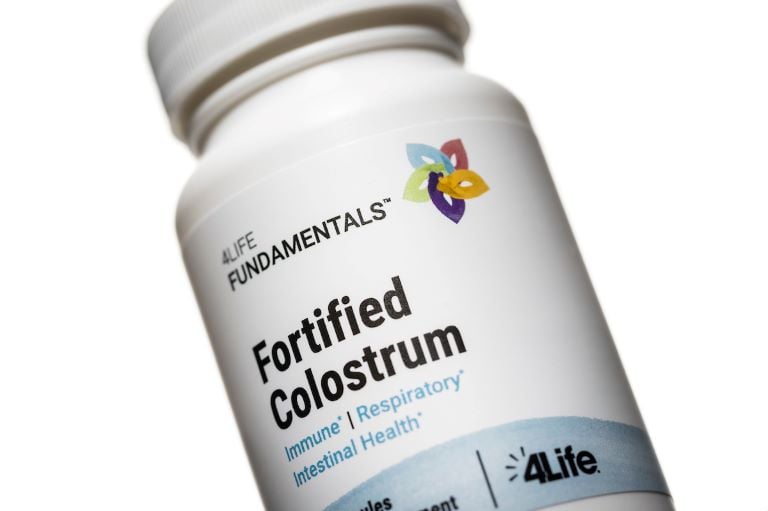Are you sure you want to leave Mi Ja Kim's MyShop site?
Are you sure you want to leave Mi Ja Kim's MyShop site?
Are you sure you want to leave Mi Ja Kim's MyShop site?
Are you sure you want to leave Mi Ja Kim's MyShop site?
Written by: Don Otter, PhD
A mom innately wants the best for her baby. This is reflected in all the goodies contained in her colostrum and milk. A newborn’s immune system needs help to develop, and colostrum is specifically designed to assist in this healthy development.
Colostrum can still benefit you throughout your life, giving you a boost when you need it. Colostrum strengthens your body’s immune system with some of nature’s best immune system powerhouse ingredients.
The immune system–enhancing properties of colostrum are not new. The ancient Ayurvedic tradition from India and the western world recognized the benefits of colostrum and used it in medicinal form to improve the immune system as far back as the 18th century.
So, what do we know about colostrum’s benefits for the immune system? Before answering this question, it is helpful to know what your immune system does, how it performs these functions, and how you can influence and strengthen your immune system.

Fights and Protects Against Harmful Pathogens
Your immune system fights and protects you from potentially harmful pathogens. These pathogens may come in the form of viruses, bacteria, fungi, or yeasts, and they are different from your natural microbiota. Your immune system must recognize and tolerate you (your body and all the ‘good’ microflora inside you). This tolerance extends to your cells, the food you eat (unless it carries harmful bacteria), and your indigenous microbiota. Your immune system is constantly determining if newcomers in your body are dangerous.
Repairs Damaged Tissue
Your immune system also plays a critical role in repairing damaged tissue. Whether it's a minor injury like a scratch or a more significant wound, your immune system helps to initiate the healing process by sending specialized cells and molecules to the site of the injury. This can include white blood cells, which help fight off any bacteria and prevent infections, as well as growth factors that promote tissue regeneration. Together, these components help repair and rebuild damaged tissue and restore your body's normal function.
Eliminates Dead Cells
In addition to protecting you from pathogens and repairing damaged tissue, another critical part of your immune system's role is to eliminate dead cells that accumulate in your body every day. This is a natural process that occurs as old or damaged cells are replaced by new ones.
Your immune system is constantly working hard to keep you healthy and functioning.

Innate Immunity
Everyone is born with innate (or natural) immunity. This is a type of general protection where the immune system recognizes if certain invaders are foreign and/or dangerous. For example, the skin acts as a barrier to block germs from entering the body. Innate immune system responses are rapid and non-specific. Innate responses just want to help, and they are built around physical barriers, chemical barriers, and cellular defenses.
Adaptive immunity develops throughout your life. Adaptive immunity is specific and typically responds a bit slower. Adaptive immunity can be either active or passive.
Clinical studies have shown substantial potential for colostrum to support human health.1 For example, colostrum has been shown to:
Cow (bovine) colostrum contains large amounts of over 100 biologically active compounds, including:
These compounds have immune system–enhancing properties and may benefit your overall immune system. Most of these compounds have multiple functions and can support other aspects of your health.
Benefits of Immunoglobulins:
Your immune system makes immunoglobulins, also called antibodies, in response to bacteria, viruses, and other foreign invaders. Immunoglobulins attach themselves to the invaders, which lets the immune system know the invaders need to be destroyed. There are five major types of immunoglobulins:2
IgA and IgG are responsible for most of the immune system-boosting effects of colostrum. Like human colostrum, cow colostrum contains high concentrations of immunoglobulins. The primary immunoglobulin in cow colostrum is IgG and the primary immunoglobulin in human colostrum is IgA. In humans, IgG from cow colostrum has been shown to support immunity by binding to foreign invaders along the GI and respiratory tract.3
Remember that your immune system performs many tasks to keep you healthy. You owe it to yourself to look after your immune health, and colostrum has the tools to help support and strengthen your immune system.
Check out 4Life Fundamentals Fortified Colostrum and other 4Life Transfer Factor products which feature the immune–supporting power of colostrum and additional key ingredients to reinforce and support the immune system, digestive system, and respiratory system.*

References:
1. Bovine colostrum and its potential for human health and nutrition
2. Immunoglobulins.
3. Bovine colostrum: benefits of its use in human food

You are trying to view a MyShop page. Please log out in order to view this website.